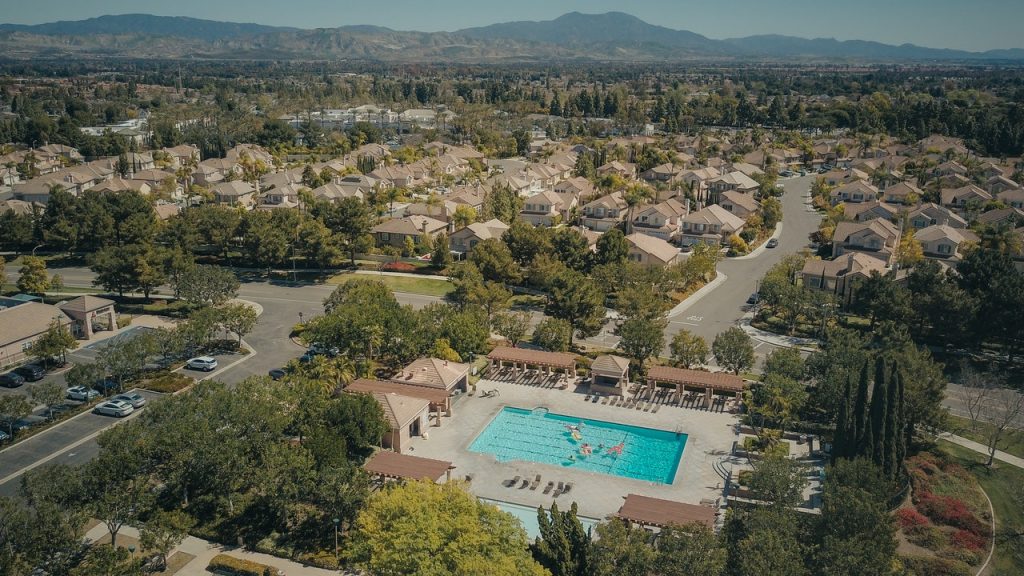For a community to grow and prosper, the local governing body will need to have a comprehensive plan in dividing different parts of the city into other “districts” and zones. Many of these zones will have a designated use, and buildings will need to adhere to specific zoning laws. There are four types of zones: residential, industrial, commercial, and municipal. Although, the population density will also play a role in the zoning process. Most high and low-density areas are separated since both will require different types of housing and facilities. Remote areas will also have zoning codes for agriculture and farming.
We have these zones because it’s easier to categorize and manage different districts of the city. For instance, industrial facilities will often produce a good amount of products and resources, which means that they will create a lot of waste as a byproduct. This might make it counter-intuitive to place industrial facilities close to residential homes since this could result in air and water pollution affecting much of the area’s population.
This is one of the reasons why zoning codes should be followed in cities and highly urbanized areas. However, that doesn’t mean that everyone will follow such laws and regulations. Zoning code violations are known for being the result of properties and facilities being improperly used for other purposes. Again, different activities will need to be done in different areas or “zones,” defined by municipal codes, by the city, or by the state.
So what are some zoning code violations? What can you do to avoid such violations? Here’s what you’ll need to know.
Situations That Can Lead to Zoning Code Violations
Although zoning codes are in place for different districts, it’s still one of the most prevalent property management legal cases out there. For instance, if a residential home is being repurposed for commercial use or any business activity, such as manufacturing goods, there’s a good chance that it is already a zoning code violation.
Some other situations that could lead to zoning code violations are:
- Constructing a building that’s outside its designated zone.
- Constructing a structure that doesn’t meet the parameters set by the local government. For instance, a building that’s too tall or will obstruct the skyline.
- They are conducting a variety of activities in areas where they shouldn’t be in. Some of these activities include growing crops in a commercial area, manufacturing goods in a residential area, and conducting private businesses in federal buildings without proper authorization.
- Habiting in places that are not considered residential areas.
- Industrial areas are creating a large amount of waste and pollution that could affect other districts and sectors. In most cases, there is a local limit that residents will need to adhere to.
It’s important to note that zoning code violations are not just limited to these examples. Like in most cities and states, zoning ordinances are always changing to accommodate the needs of the general population. The demand for businesses, industries, and housing areas is constantly changing, and governance units need to change these codes.

Solutions to Zoning Code Violations
Since zoning codes are constantly changing throughout the past years, many businesses and homeowners will need to make changes and renovations to their facilities as a means of adhering to current zoning laws. There will be times when zoning code violations can be issued to individuals who don’t make necessary changes to their building.
Zoning code violations can lead to various legal issues, including fines, the license to operate a revoked business, and civil cases being charged. Although, there are some defenses to this violation.
Suppose you’re not sure what type of building and construction materials would work well with residential and commercial zones. In that case, there are always versatile materials for almost any type of application or weather condition, such as corrugated PVC roofing sheets. Whether you want to install a residential shed, or an extension to your commercial establishment, having versatile materials with many uses can help circumvent zoning violations.
Some of the defenses to this violation include:
- Many people are quick to assume who is responsible for a specific activity or building a building. In most cases, it can be a different organization that has violated the law.
- There were discrepancies when it comes to reporting data on a building.
- The governing body is taking too long to file a legal suit regarding the situation.
If you’re not quite sure about your area’s zoning laws, it’s essential to seek professional legal advice from professionals. Again, these laws are constantly changing, so having a legal expert that’s well-versed in property management cases can help you in your situation.
There are various ways to solve zoning code violations. But the best course of ensuring that you don’t get into any civil cases and legal disputes is by preventing it in the first place. Knowing the laws in your area and carefully planning out your home or business can mitigate any chances of legal issues.

